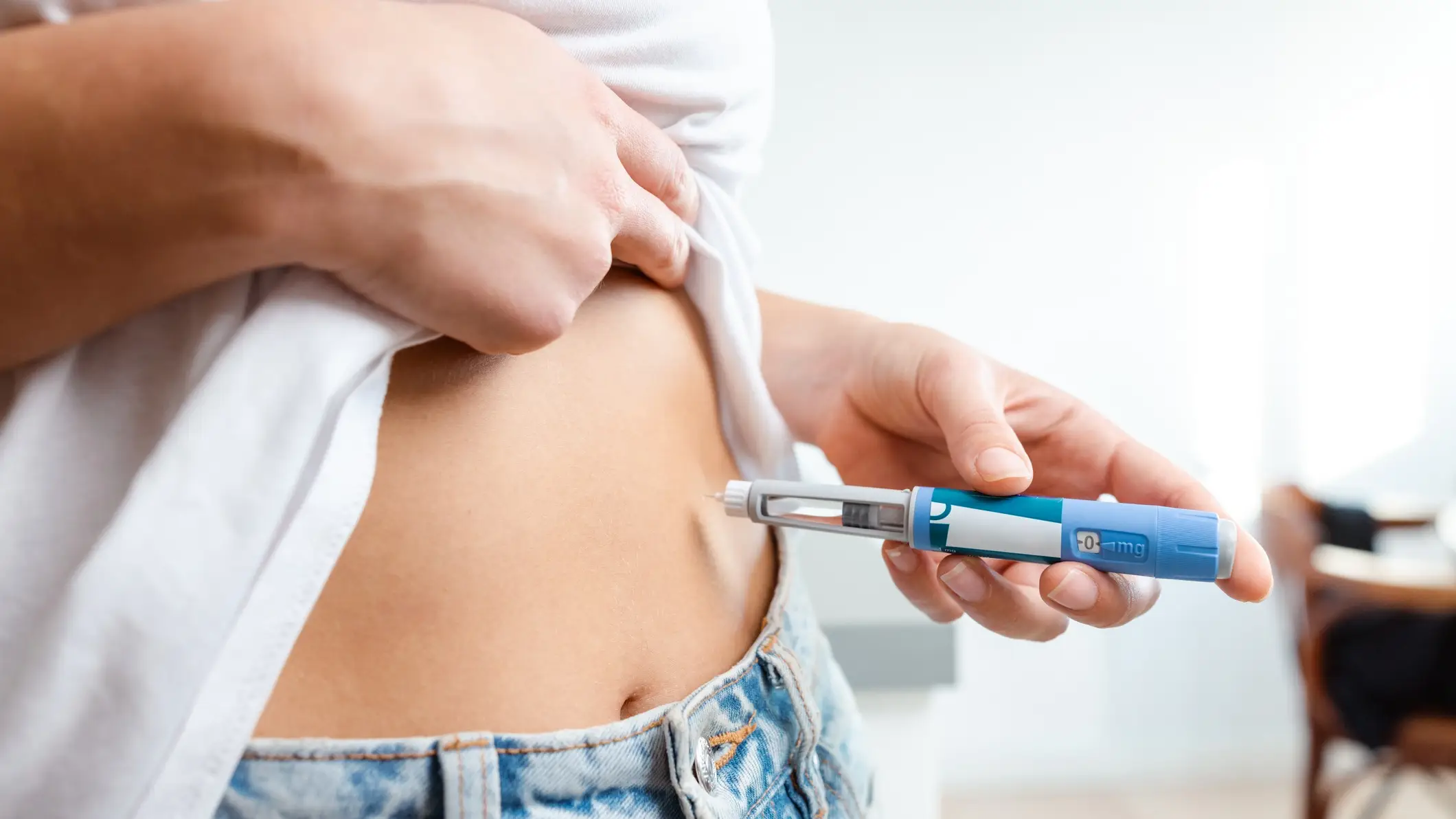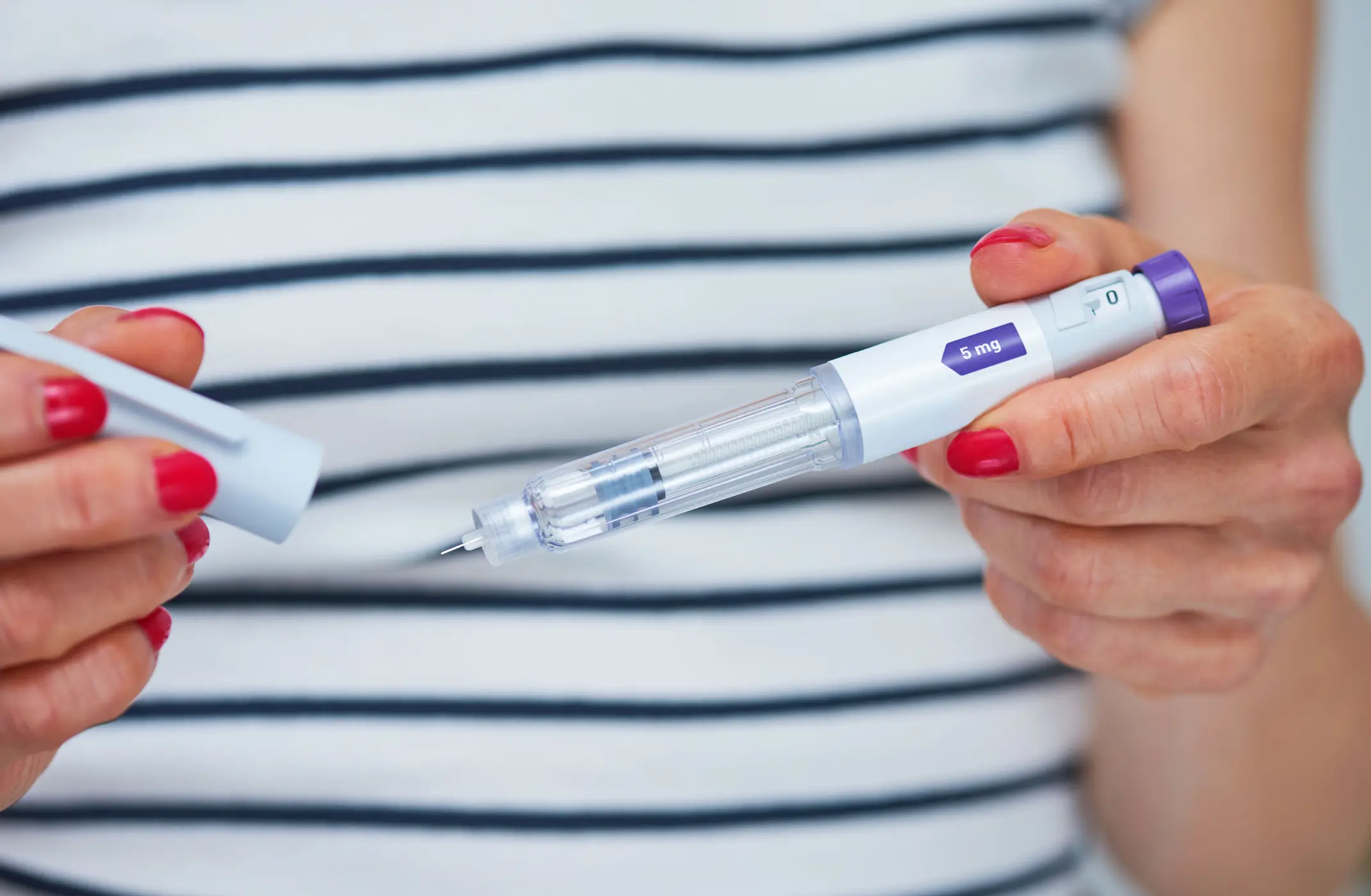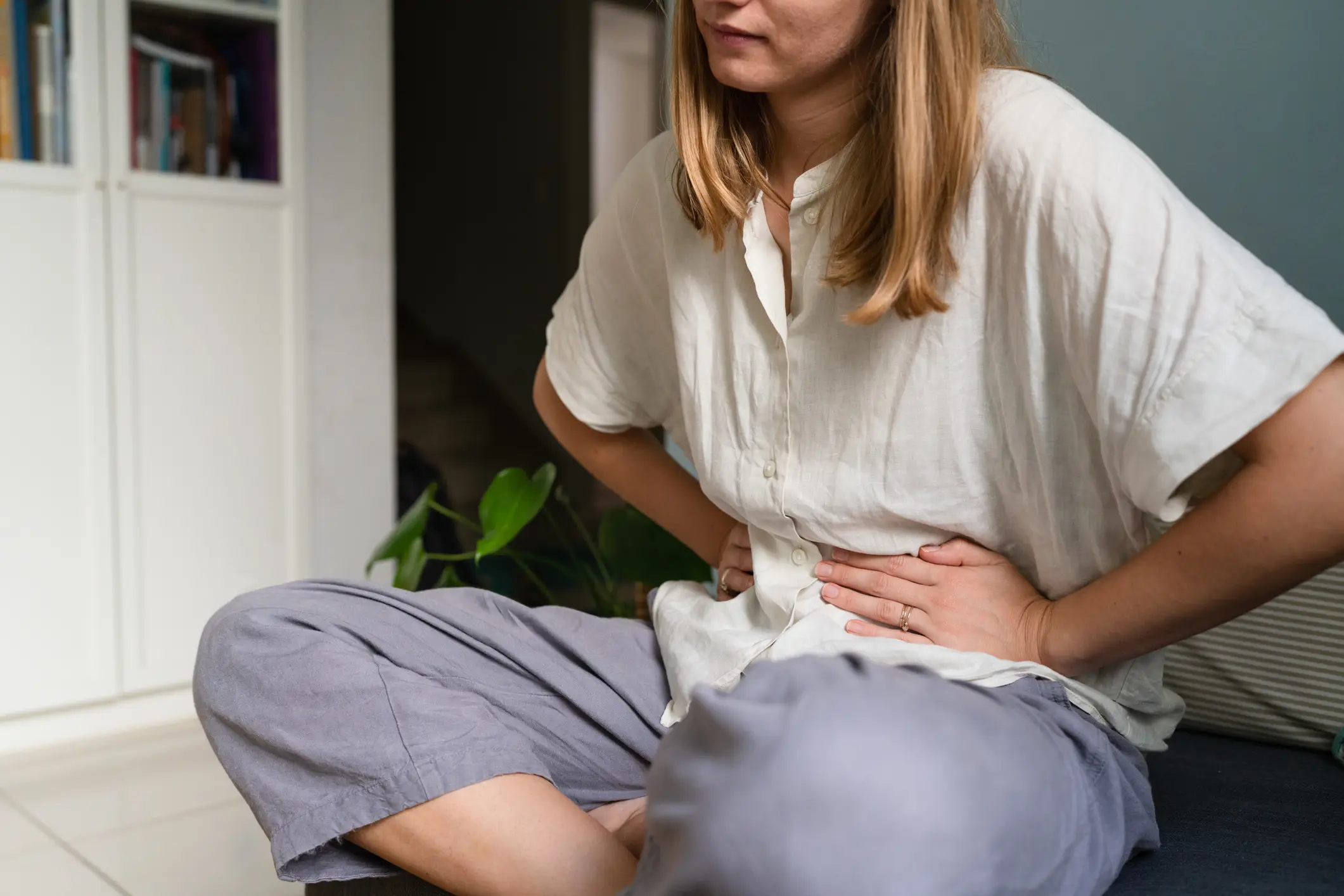
A doctor has revealed six of the biggest mistakes people on weight loss drugs can make.
Nobody's perfect, but when it comes to taking medication, we should all at least strive to be.
GLP-1 weight loss drugs have boomed in recent years, with injections such as Mounjaro, Wegovy and Saxenda helping to suppress appetite and encourage weight-loss.
These treatments, taken once a week, have yielded major success stories - but experts warn they’re not without risks.
Advert
According to the Mayo Clinic, most people are advised to stay on the injections for 12 to 24 months.
But while on the medication, many patients fall into bad habits that can slow progress, increase side effects or even put their health at risk.
Now, one GP has outlined the five most common mistakes people make while taking weight loss injections.

Dr Donald Grant, GP and Senior Clinical Advisor at The Independent Pharmacy says: "While weight loss treatments remain incredibly popular among the general public, there are a wide range of common mistakes people make while on this medication.
"It can lead to stunted progress and even harm well-being, so it’s crucial to be aware of these common errors."
Six mistakes weight loss drug users make
Taking more than you should
In this case, the saying 'less is more' rings true. While people might believe taking a higher dosage means quicker results, that's not always the case.
In fact, upping your dosage before you're ready can be dangerous.
Dr Grant explains: "Our bodies need time to adjust to the treatment, so beginning on a high dosage could greatly increase the intensity of symptoms such as headaches, fatigue and nausea.
"It may also increase the risk of conditions such as pancreatitis and hypoglycemia, so maintaining a healthy dosage is crucial.
"I advise anyone on the treatment to discuss their dosage with a licensed health professional, rather than increasing the strength on their own accord."
Skipping a dose

As well as taking a higher dose than recommended, it’s extremely common for people on this treatment to skip a dose altogether, Dr Grant says.
This can halt progress, stopping people from reaching their weight loss goals by increasing appetite and reducing the overall effectiveness of the treatment.
"Ideally, you want a steady stream of injections, without missing a single dose, to avoid intense side effects and stunted progress.
"Before beginning any weight loss medication, be sure to consider the long-term costs and reordering processes."
Abandoning the diet
Some people reckon they can eat whatever they like while on Mounjaro or WeGovy, but this simply isn't the case.
"Eating too many processed or sugary foods could cause blood sugar spikes, leading to increased appetite, bloating and fatigue," Dr Grant says.
"Instead, people should prioritize a well-balanced diet of proteins, fibre and other key nutrients.
"Although these treatments impact appetite, it’s still important to draw up a dietary plan that includes all the key foods."
Forgetting hydration
The same goes for your hydration. Not drinking enough may increase the intensity of side effects, which can be difficult to manage - particularly for people still adjusting to the medication.
"Water is also a key component for weight loss, not drinking enough can slow down progress and lead to dehydration. Generally, aim for around five to eight glasses of water each day to avoid these risks."
Dismissing side effects

Dr Grant warns that side effects of weight loss drugs should 'never be ignored'.
Common ones include diarrhoea, nausea and fatigue, while less common symptoms range from shortness of breath to abdominal pain.
"If any side effects persist, I strongly recommend seeking medical attention for further advice," he adds.
"By keeping your GP up to date with any symptoms, they can provide tailored advice and guidance to lessen side effects and restore a better quality of life."
Turning to the black market
Another major mistake is obtaining weight loss injections via illegal measures, including fraudulent sites or social media.
"This can be incredibly dangerous as these organisations aren’t regulated with the same level of health and safety protocols as proper healthcare establishments," Dr Grant warns. "As a result, they could have foreign ingredients that could impact well-being."
Online pharmacies, on the other hand, are a safer alternative and offer screening procedures to ensure patients actually require the treatment they are requesting.